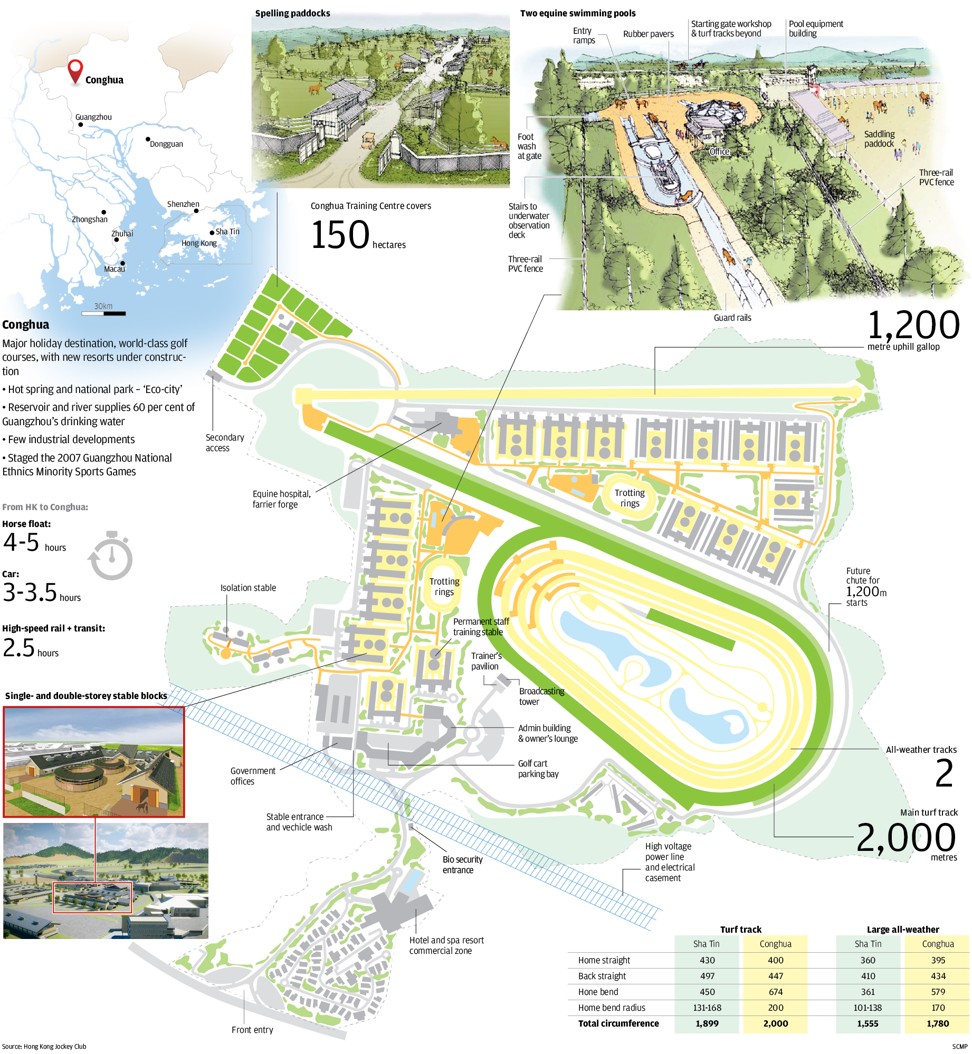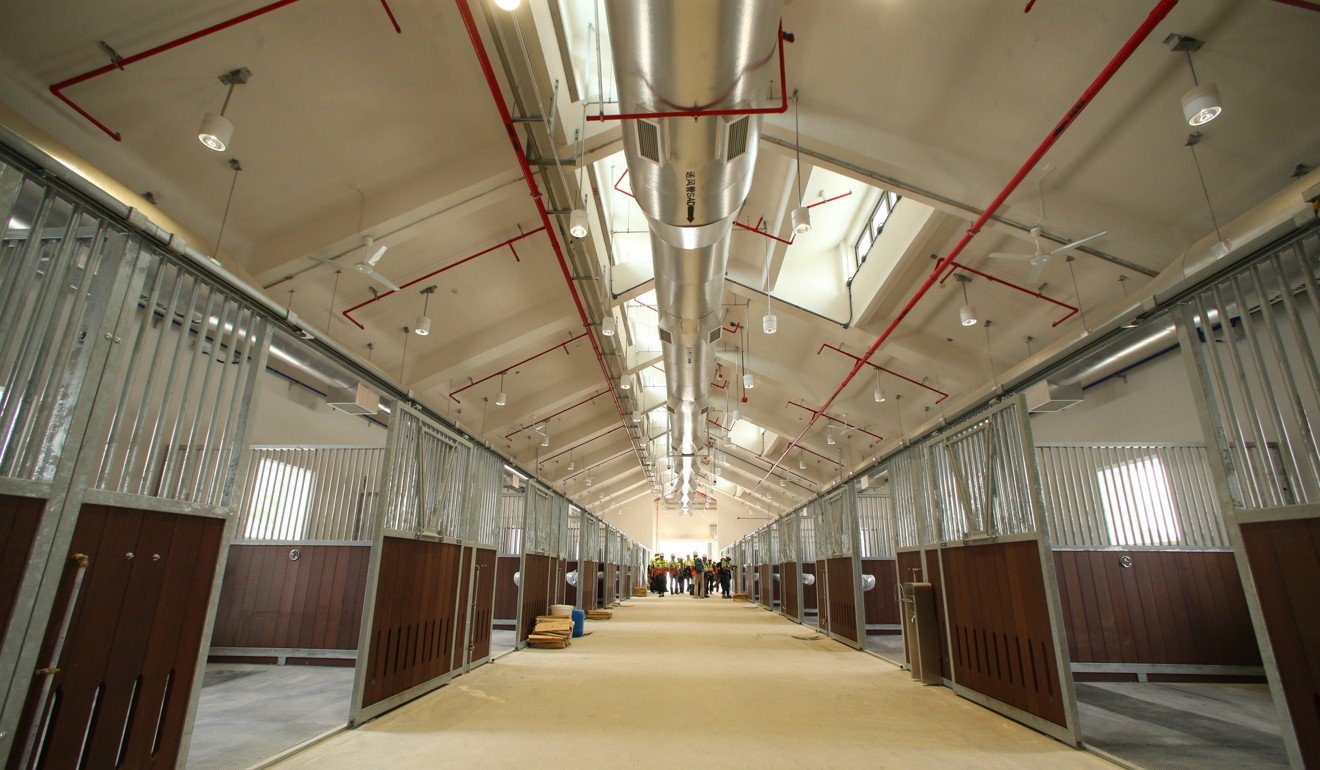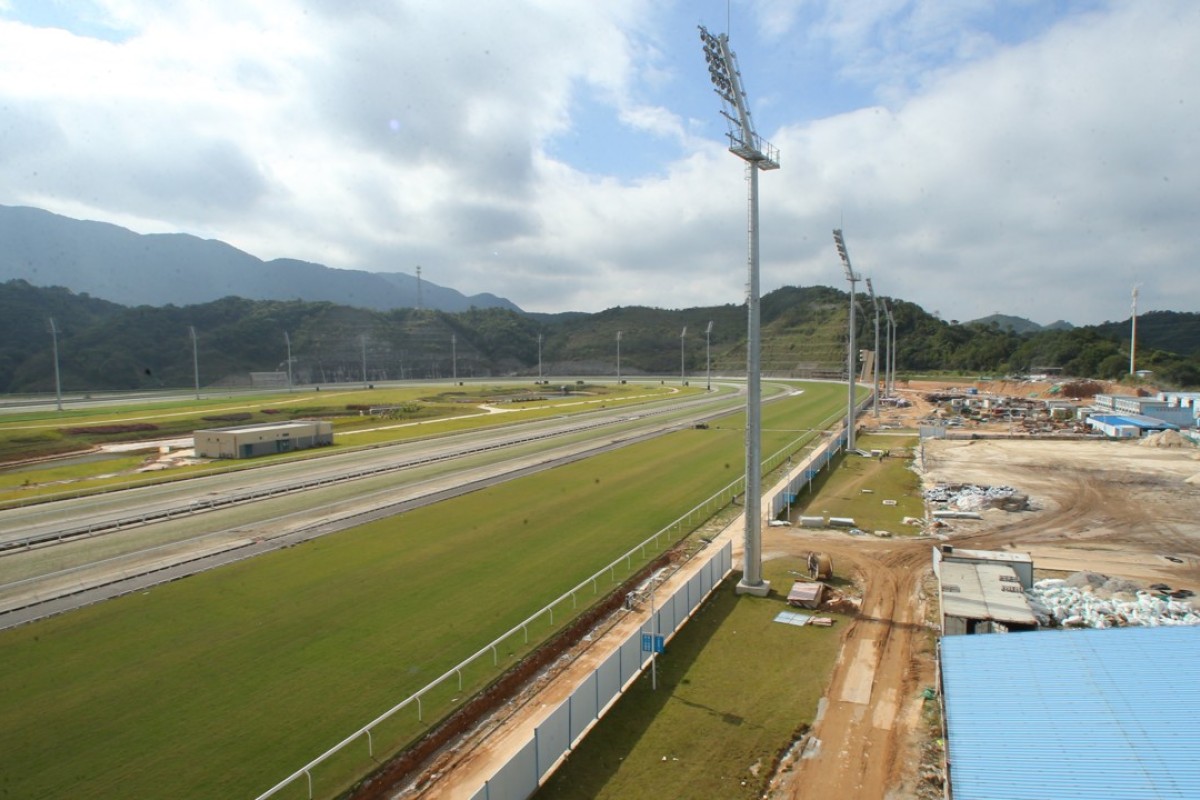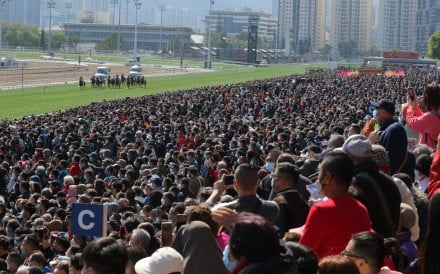Jockey Club officials have been encouraged that the quarantine situation between Australia and Hong Kong is taking small steps towards a successful resolution.
Primary among the positive advances has been receipt by Hong Kong’s Agriculture, Fisheries and Conservation Department (AFCD) of the questionnaire from the Australian quarantine authority, the Department of Agriculture and Water Resources (DAWR), which is used as the basis for assessment.
“We’ve seen some great progress lately,” said Andrew Harding, the club’s executive director of racing authority.
“Among the developments, I think it’s a very important move forward to have received the questionnaire. The AFCD has one and the relevant authority in China will receive it soon, if it has not already. This is earlier than had been expected so it’s a positive development.”
‘Prove there is no risk’: Australia digs in its heels in ongoing quarantine rift with Jockey Club
Since October 2, there has been no direct movement of horses from Hong Kong to Australia since the quarantine status of Hong Kong was changed due to the looming opening of the Conghua Training Centre (CTC) in China.
The DAWR announced it would impose new conditions on horses travelling from Hong Kong to Australia, including a 180-day quarantine in a third country, as the new environment would take in horses moving in and out of China.

In practice, that rules Australian horses out of competing in Hong Kong’s international races, unless their owners are happy to undertake the prolonged third-country quarantine on the way home, and has led to some fighting words at each end of the discussion and to the Jockey Club bypassing early 2018 horse sales in Australia.
Jockey Club chief executive Winfried Engelbrecht-Bresges recently received a one-on-one phone call from David Littleproud, Australia’s Minister for Agriculture and Water Resources.
The arrival of the questionnaire and that call both suggest the quarantine issue is being given high priority at the Australian end and the extent of equine trade between the two countries is being taken seriously.
Goodbye Australia, hello Japan: simulcast shift likely as quarantine deadlock bites
In addition, the European Commission has now adopted a decision of its standing committee on Plants, Animals, Food and Feed to treat horses in the Equine Disease-Free Zone (EDFZ) at Conghua as having the same health status as horses based in Hong Kong, so no new or additional controls are being placed on the Hong Kong horse population.
“The Europeans have recognised the EDFZ since it was first put in place for the 2010 Asian Games, but that was for a centre without a permanent horse population,” Harding explained.

“This new announcement is based on us officially informing them that there will soon be a permanent equine population there and, after a subsequent site inspection they did in December, is reconfirmation of the status of the EDFZ and that horses at the CTC will have the same status as horses at Sha Tin. We are also expecting that New Zealand will make a similar announcement very shortly.”
The next move towards removing the current restrictions will take place shortly, with a March visit from Australia’s First Assistant Secretary of Biosecurity (Animal Division) Tim Chapman and Dr Carol Sheridan.
“They will come to Hong Kong and also visit Conghua and, although this will be a general familiarisation visit rather than a formal assessment or audit, we feel it is nevertheless a very positive development,” Harding said.



















